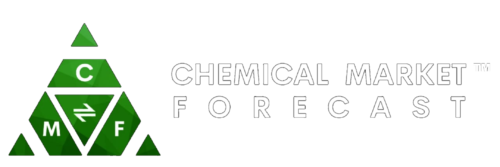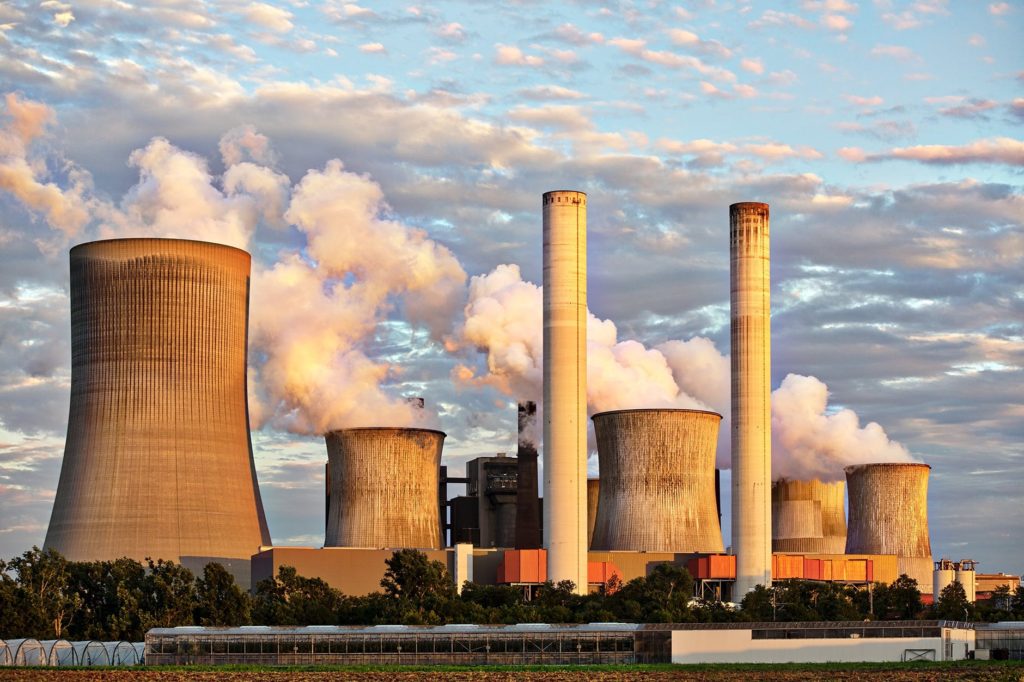The Italian chemical sector supports both sustainable as well as competitive solutions. The Italian chemical market is ranked third in the European Union. The first process industry in the country was established back in 700 B.C when workshops for forging iron were set up. Italy was an early producer of dyes and other products required for the textile industry. Additionally in the 1900s, the country entered some of today’s prominent verticals including the pharmaceutical, electronics, and industrial gases sector.
According to CEFIC, in the year 2018, Italy’s chemical sector had total sales of around USD 66.08 billion. There are around 2,800 chemical companies in the country. These companies generate direct employment to more than 109,600 highly qualified people. The companies also generate indirect employment to nearly twice as many people. Italy’s chemical companies achieve nearly 6% of the total manufacturing sales. Thus the country’s chemical sector accounts for the fourth largest manufacturing sector with respect to the production value. Italy also ranks third in terms of global exports.
There are three different well-balanced segments in the Italian chemical sector, each playing a key role in the country’s market. The foreign capital companies and the Italian small as well as medium-sized companies, each account for nearly 38% of the country’s total chemical production value. The medium and large Italian groups, however, contribute to around 24% of the production value. Most of the Italian companies are active in the foreign market with production units.
Important chemical clusters in Italy
The industrial districts in the country agglomerate a number of small and medium-sized firms. These organizations specialize in single product business and are concentrated in a specific geographical area. They serve as a characteristic feature in the country’s economic system. Around 150 of such industrial clusters are present within Italy. They support a strong logistical network with adept connectivity within this industry. The clusters represent a productive system that enables companies to face competition in spite of their limited dimension. The different chemical companies in these industrial districts are known for their sophisticated products adhering to specific customer requirements.
Italy’s chemical industry is concentrated in the North of the country, near the downstream European markets and the local customers. According to the Italian chemical industry council, northern Italy accounts for nearly 78% of the chemical sector employment. Lombardy has a strong foothold in the chemical sector. It is home to more than 30% of the country’s chemical firms and more than 40% of the jobs. It is also among the top five chemical regions in Europe. The chemical sector in this region has distinct features from the other European regions. For instance, production is not concentrated in a few integrated sites but spreads across a large network of foreign multinationals, an Italian medium, and large groups as well as local SMEs. The companies in this region benefit from the presence of some major research centers and universities. This enables them to develop research and helps scientists to work on industry-related projects. Italy spends a large segment of its revenue on R&D. In 2018, an amount of roughly USD 659.62 million was spent on R&D.
Italy’s share of the global chemical market in 2012 was nearly 2.6%. Italy’s exports have continuously increased over the past few years. The country holds a firm position in the export of pharmaceutical ingredients. The trade balance of the country indicated a large surplus of USD 4.366 billion in the year 2018. Italy’s most important trading partners include certain countries in the European Union. These include Germany (15% of Italy’s exports), Spain (6.4% of the total produce) and France (accounts for 9.6% of the country’s exports). Additionally, the United Kingdom and the United States of America are also the key recipients of Italy’s exports.
The Italian chemical companies are using globalization to provide their international customers with the same solutions developed for the domestic market. Moreover, the exports to turnover ratio have reached around 55% and have been constantly increasing by 14% over the past few years. In recent years, Italy’s export performance has proven to be one of the most successful among the European producers, nearly +39% in the years 2010-2018.
Italy produces a wide range of chemical products including fertilizers, consumer chemicals, detergents, adhesives, inks, chemical fibers, etc. The chemical industry in the country holds a significant position in the commodity chemical market. However, the country specializes more in consumer chemicals and specialty chemicals. In 2010, around 41% of the country’s produce included commodities and fibers. Fine and specialty chemicals also accounted for 41% of the country’s production. The remaining 18% of the output were consumer products.
Major chemical companies
Italy is home to more than 40 major chemical companies. M&G is one of Italy’s largest chemical companies. It is also the world’s largest polyethylene terephthalate manufacturer. It produces almost 1.6 million tons/year of PET. M&G is also a leader in the biochemistry and biofuels sector. The ENI Group is Italy’s most important multinational company. It employs more than 78,000 people across almost 90 countries. The company operates in the petrochemicals, chemicals, oil and gas, and construction sectors.
ENI holds a prominent position in the European industrial gas sector. A subsidiary of the ENI Group, Versalis is the largest Italian petrochemical company. It offers employment to more than 5,700 people. Versalis produces a large number of commodity chemicals, including butadiene, benzene, ethylene, and polypropylene. It is also involved in the manufacture of styrene, polyethylene, and elastomers for a wide range of applications including the chemical, electronics, and automotive sectors. Mapei Group is the second-largest chemical company in Italy. They manufacture a number of commodity chemicals or intermediates that are used in the building industry. Radici Group is a major Italian chemical company with a network of production and sales sites worldwide. It is one of the world’s leading producers of a wide range of commodity chemicals, engineering plastics, synthetic fibers, and polyamide polymers.
The Italian chemical sector consists of motivated and highly qualified chemists, with particular skills in areas including adhesives, leather chemicals, pharmaceuticals, polyurethanes, cleaning additives, etc. More than 800 chemical companies in the country are engaged in research and development practices. The country’s chemical market has a participatory and pragmatic industrial relations culture that supports innovation. Italy is recognized as one of the most interesting countries in the European Union as it offers fiscal incentives to the different companies investing in innovation.

